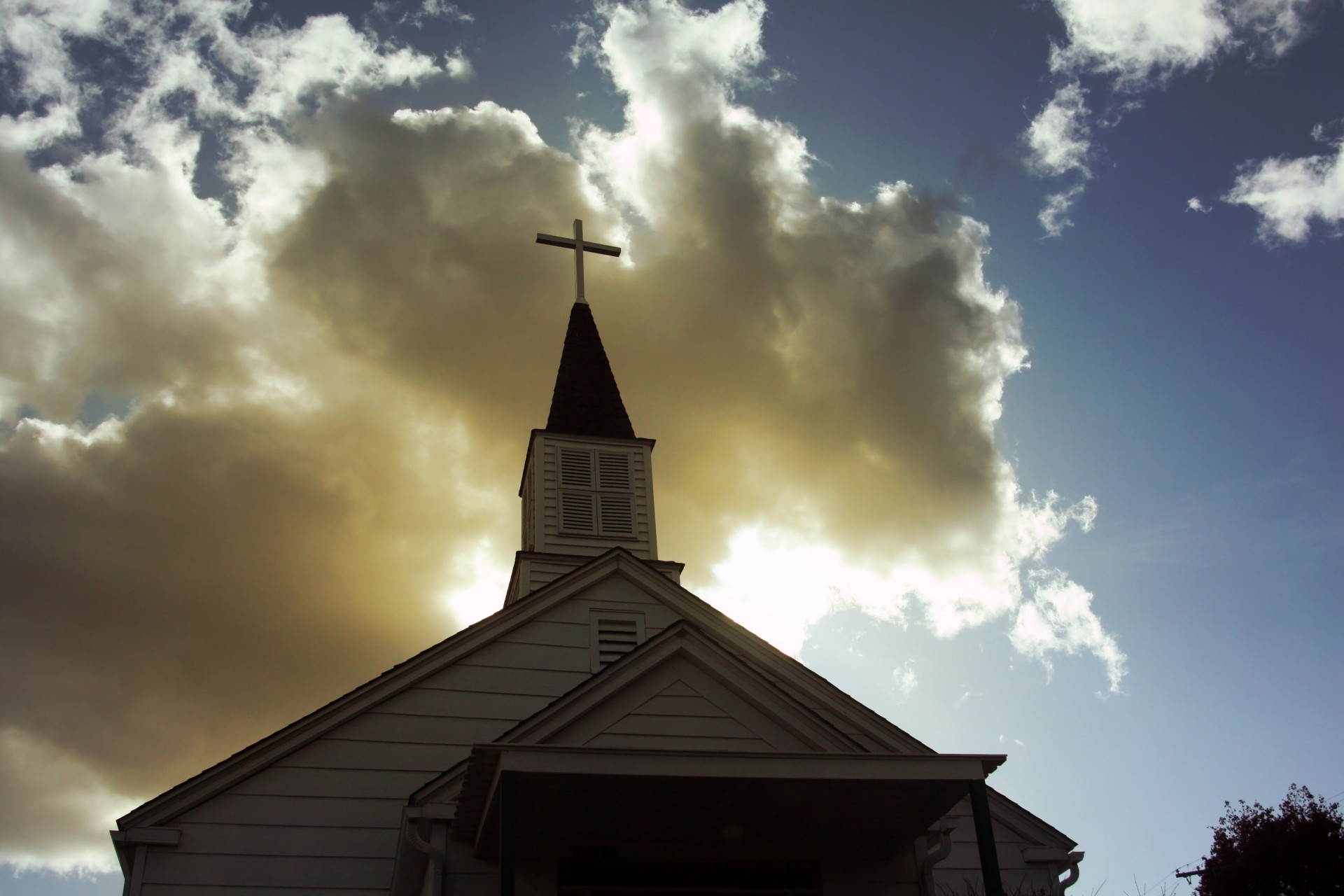
This the eighth in a series reviewing John C. Wright’s A Universal Apologia for the Catholic Church. See the index.
This is a quick part, a teaser for what is to come (as the most difficult and time-consuming part of the series has been entered). John C. Wright asks:
[On historicity] the ninth was the difficulty of assigning a date at which the Church lost her authority. The date is either early or late. If late, it is a paradox to continue to accept, as canonical, her teachings after that date; and if early, it is a paradox to call yourself Christian while rejecting everything the Christians ever taught.
“Where, then, is primitive Protestantism to be found? There is one chance for it, not in the second and third centuries, but in the fourth; I mean in the history of Aerius, Jovinian, and Vigilantius,—men who may be called, by some sort of analogy, the Luther, Calvin, and Zwingle, of the fourth century. And they have been so considered both by Protestants and by their opponents, so covetous, after all, of precedent are innovators, so prepared are Catholics to believe that there is nothing new under the sun.” (Newman, Historical Sketches, vol. I, section IV, chapter IV)
Before we conclude, it is worth noting what Roman Catholic historian David Hunter recognized in “Marriage, Celibacy and Heresy in Ancient Christianity” (Oxford University Press, 2007, p.285):
“[Roman Catholic ‘heretic’ Jovinianus] stood much closer to the centre of the Christian tradition than previous critics have recognized.
[Jerome and Ambrose] represented the survival of the ancient encratite [heresy].”
Reference: Come Hell or High Water, Part 5. Timothy F. Kauffman (2017)
